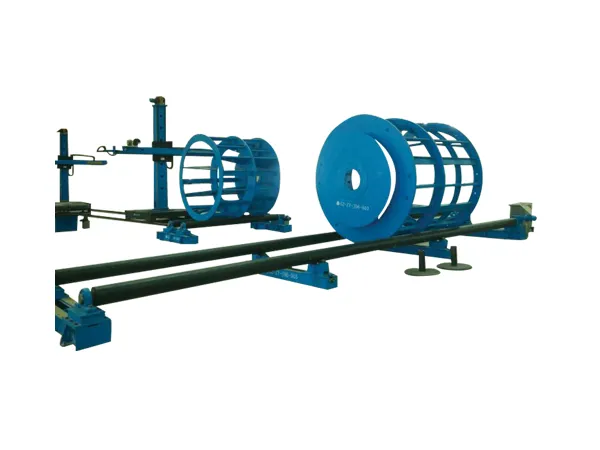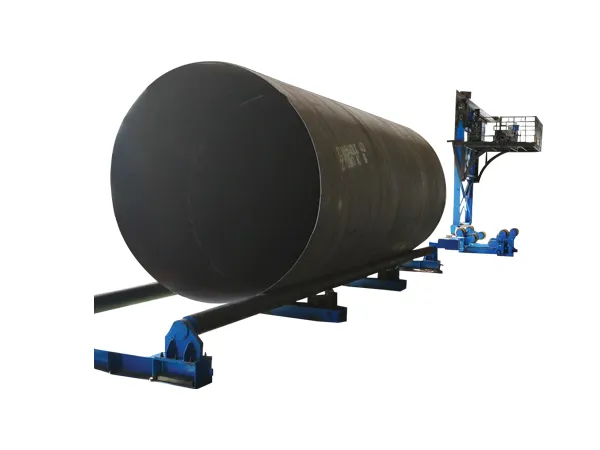Welding rotators, also known as turning rolls, are devices that rotate cylindrical or round objects like pipes, tanks, and vessels, enabling easier welding and better control over the welding process. There are several types of welding rotators, each designed for specific applications and workpiece sizes.
Welding rotator types

1. Conventional Welding Rotators
Fixed Rotators: The idler and drive units are fixed in position. They are suitable for workpieces with consistent diameters and are typically used when there is no need for adjustment.
Adjustable Rotators: The spacing between the rollers can be adjusted to accommodate different workpiece diameters, allowing greater flexibility. These rotators often feature screw or bolt mechanisms for manual adjustment.
2. Self-Aligning Welding Rotators
These rotators automatically adjust the roller angle to accommodate workpieces of varying diameters, eliminating the need for manual adjustment.
They are ideal for applications with different pipe or vessel sizes and are commonly used in industries where quick setup and high production efficiency are required.
3. Turning Rolls with Variable Speed Control
These rotators have adjustable speed controls, allowing the operator to change the rotational speed to match the welding requirements.
Variable speed rotators provide precise control, which is essential for high-quality welding, especially in applications requiring consistent weld bead quality.

4. Fit-Up Rotators
Fit-up rotators are specially designed to align and fit pipes or vessels before welding, helping to reduce the need for manual alignment.
They typically feature independent control of each roller, which allows for fine adjustment of the workpiece alignment before welding begins.
…
More detailed information about welding rotator types can be found at: https://www.bota-weld.com/en/a/news/welding-rotator-types.html


